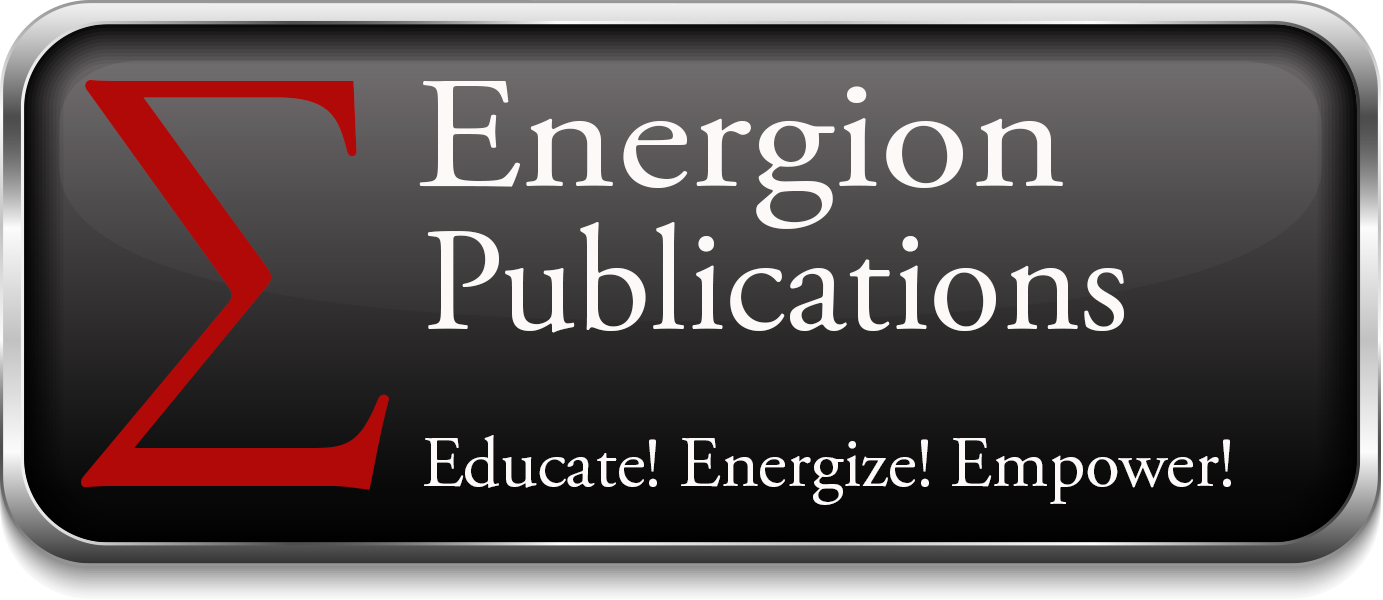Book Extract: Approach to Revelation
The following extract is from Revelation: A Participatory Study Guide and come from the introductory lesson.
Outline and Notes
Note: Please wait to read this outline and notes until you have completed Exercise 1.
Introduction:
Millions of Christians study Revelation, ranging from experts, to preachers who make an entire ministry out of such study and teaching, to lay members who are just looking for answers. Typically, they approach Revelation because they think they can get some answers to how the future is going to go. Perhaps they can find a sort of road-map, or better life-map, that will lead them through coming trouble and help them be ready for Jesus to come.
And millions of Christians have been disappointed; many of them have died in disappointment. Some were deceived by people who thought they had solved all the riddles and that they understood all the symbols. They had found an exact date, or a very precise set of circumstances that told them just when it was that God would intervene, save his people, and bring an end to this evil age. But when the time came, Jesus did not appear, his people were not removed from this earth, and life went on, with all its hardships.
Others have lost their faith, or have decided that Revelation really ought not to be part of scripture. They believe that one’s spiritual life is best served by staying away from this text. “You’ll only stir yourself up for nothing!” they say.
I can testify that there are many, many interpretations available of the book of Revelation. I grew up with them, as we attended meetings by evangelists who came to town, proclaiming their knowledge of the book. But as I grew older, I noticed that while Revelation remained the same, the characters in the drama kept changing as world politics changed. A symbol that definitely referred to one person or nation at one time, might refer to a completely different person or place the next time. History was moving on, and it appeared to be leaving prophecy behind!
When I studied Biblical languages and Biblical interpretation in college and graduate school I soon discovered that the situation was even less clear than I had thought. There were many different schools of interpretation, with hundreds of variations in the details of their view. It seemed that everybody had a book that would provide simple answers and make Revelation clear once and for all. And if I shut out all my other knowledge, and just read what a particular author wanted me to read, I could see how clear the answer could be. But then there was always the next book on the shelf, and its author would be just as sure, and disagree with whoever had last convinced me.
I finally came to the conclusion that if God was intending to provide us with a roadmap to the future in Revelation, he had apparently failed. At a minimum, we Christians were unable to read the map. But could God fail?
One of my guiding lights in Bible study has always been:
Everything in the Scriptures is God’s Word. All of it is useful for teaching and helping people and for correcting them and showing them how to live. – 2 Timothy 3:16
Now I’m aware that when 2 Timothy was written, there was no New Testament canon, and in fact, there was no book of Revelation. And yet it seemed to me that if we are to believe that the Bible is a message from God at all, we have to believe that he can see to it that we get the right books. So barring some revelation of my own, preferably accompanied by a burning bush I was prepared to look further at Revelation.
If this book was failing to accomplish what I expected it to accomplish, it was possible to believe that Revelation, its writer, or the one who inspired it, had failed. But it was much more consistent with my understanding of God to believe that perhaps I was looking for the wrong things. So I began to ask myself just what it is that Revelation is supposed to teach.
Now I’m not going to give all of my answers in this introduction. This study guide is about you finding your answers. That’s part of letting the Bible teach you (2 Timothy 3:16). But I will tell you that when I quit spending all my time trying to interpret the symbols so as to tell me what was going to happen next, I began to seem many other lessons. I had been missing them before, and now they seemed plain.
I’m not asking you to decide precisely what Revelation can do for you right now. What I am asking you to do is listen to the book and try to see the book with as much of an open mind as you possibly can. I believe you’ll find many lessons that you can use irrespective of the particular basis of interpretation you use.
Some questions to ask yourself as you read:
1. Is the book written in a chronological order? Do scenes follow one another in time, or do they overlap and double back?
2. What elements tie one scene to another?
3. What are the various scenes? (I use scenes in teaching Revelation, and this outline is organized around them, but you should be prepared to disagree with the way I divide the book.)
4. Is there a logical beginning and end, and where are they? Is there a chronological beginning and end?
Once I had concluded that if there was a roadmap in Revelation, we were missing it, I started searching for another way to look at the book, a metaphor to use in interpreting it. I believe I have found something very useful—the theme ride. If you have been on a ride at a theme park that has any kind of a story to it (Pirates of the Caribbean comes to mind), you will know what I mean. You go through various scenes from the story, but your travels are more geographical. In the Disney Pirates of the Caribbean, for example, you go through the town, and you move through the story geographically rather than chronologically.
I now see Revelation as something very much like a theme park, and John’s tour as having less to do with time and more to do with other issues, perhaps with what we might call spiritual geography.



